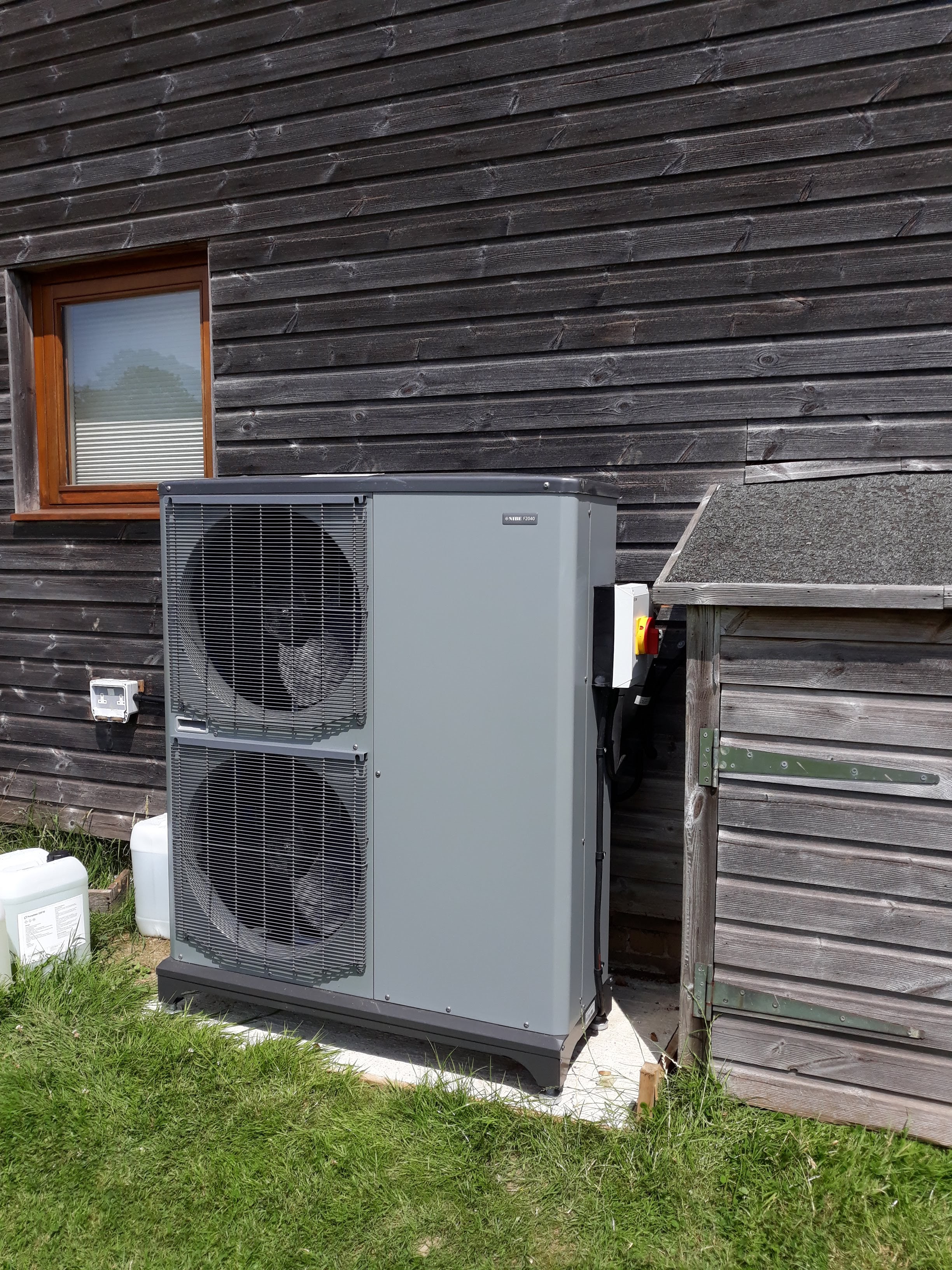How far off are Heat Pumps from becoming the main heating system throughout the majority of UK homes?

While lagging behind Europe in installations, and with the Government targeting ambitious goals; just how will Heat Pumps become the future of residential heating systems in the UK?
To kick things off, we have provided 5 reasons as to why Heat Pumps are the future of residential heating systems in the UK, these are as follows:
When designed properly, Heat Pump systems are cheaper to run than their gas boiler counterparts.
When coupled with a supplier that procures their energy from renewables, they are zero carbon emissions.
There is huge opportunity for heating engineers to up skill and recruit individuals who want to make an impact on the industry.
Currently, they are the most efficient users of energy (when compared to direct electric, gas or hydrogen).
Safety. Heat Pumps negate the need to pipe gas into houses, or in the future, perhaps hydrogen, of which is highly explosive.
Taking the previous points into consideration, just how far off are we from turning these largely theoretical benefits into reality across UK homes?
A recent report has revealed that the UK ranked at the bottom among 21 European countries in terms of per capita installations of heat pumps in 2021. However, it fared better this time around in the total number of installations, securing the 11th spot.
In 2022, the UK witnessed a rise in the number of heat pump installations, reaching 72,000, with 69,000 being in residential homes. Despite this progress, it still fell well short of the committee's projected figure of 130,000 installations for the year.
The government has set an ambitious target of achieving 600,000 heat pump installations annually by 2028. This move is part of their commitment to establish the UK as one of the world's leading markets for heat pumps.
On the cost front, the report indicated that while the cost of heat pumps dropped by 6.7% in 2022, the cost of system components rose by 4.9%. Labor costs for installation saw a marginal increase of 0.7%, following significant rises in the previous years (13.7% in 2020 and 17.8% in 2021).
The average cost of installing a heat pump in homes declined by 1.9% in 2022. This decrease came after experiencing notable increases in 2020 (10.3%) and 2021 (19.2%).
However, the report raised concerns about the shortage of trained heat pump installers, stating that the government was falling significantly behind in meeting the required numbers.
Another point of criticism was the government's indecision regarding the role of hydrogen in achieving net-zero emissions for buildings. The report highlighted the need for a clear direction on the future technology mix for low-carbon heat and expressed concern that a strategic decision on the role of hydrogen was still several years away.
Moreover, the report called for "radical reform" of planning policies to support the net-zero transition. Restrictive planning rules were identified as a potential obstacle to the rapid deployment of necessary infrastructure.
In summary, the UK's progress in achieving zero emissions in the buildings sector remained "broadly insufficient" according to the CCC report. While there were positive developments in heat pump installations, meeting the ambitious targets set by the government and addressing various challenges remain crucial in achieving the long-term climate goals. The question of 'How far off are Heat Pumps from becoming the main heating system throughout the majority of UK homes?', remains partially unanswered, until the problems around infrastructure, funding and manpower are addressed by government.